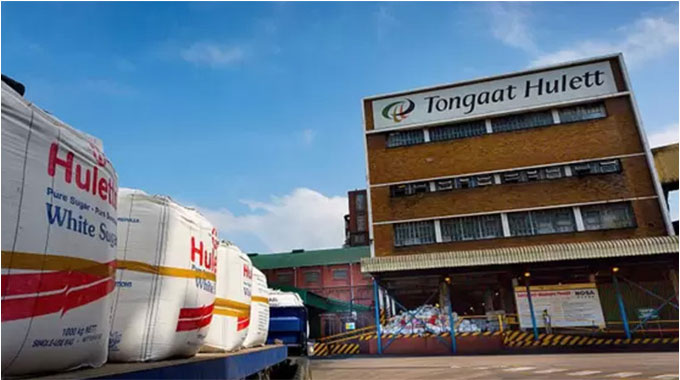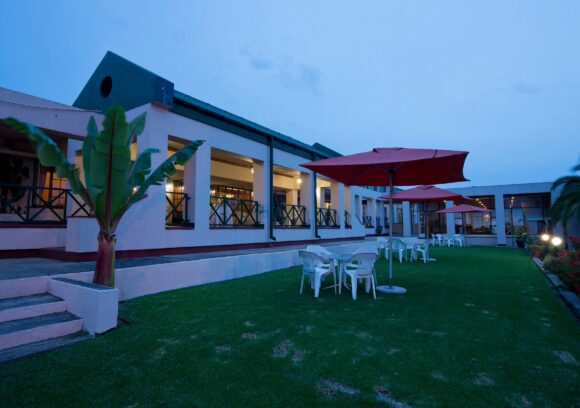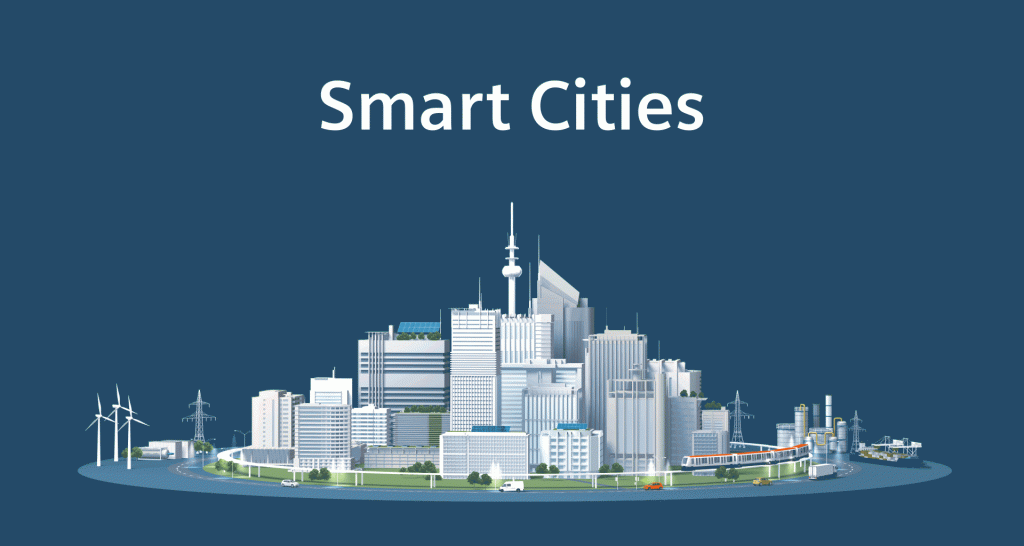REITs, SPVs can build smart cities
THE Government intends to use real estate investment trust (REITs) or special purpose vehicles (SPVs) to finance development of Smart Cities, which the authorities believe may go a long way in uplifting citizens of peri-urban towns and drive progress towards Vision 2030.
The Government has spent billions of dollars on various key public infrastructure projects, including roads, airports, dams, schools and health facilities across the country, which are key enablers to the achievement of targets set under Vision 2030 by which Zimbabwe should be an upper middle income economy.
Speaking during the financing of smart cities and rural connect conference held in
Harare last week, National Housing and Social Amenities Minister Daniel Garwe said the
concept could be funded through the SPV or REITs options.
“The smart city development will be implemented through an SPV or Real Estates
Investment Trust (REIT).
“A Real Estate Investment Trust is a regulated investment vehicle that enables the issuer
to pool investors’ funds for the purpose of investing in real estate in exchange for units
in the trust and share in the profits or income from the real estate assets owned by the
trust.”
Minister Garwe told delegates that the proposed development of Melfort smart city was a
collaborative initiative between the Government and consortia of pensions and provident
funds, banking institutions and related corporates led by the Zimbabwe Electricity
Industry Pension Fund and Zesa Staff Pension Fund.
‘Smart City’ is an umbrella concept that subsumes several sub-themes such as
intelligent urbanism, innovative economy, sustainable and thoughtful environment,
smart technology, intelligent energy, smart mobility, creative health among others.
The emphasis is on sustainable and inclusive development and the idea is focused on
compact areas with a view to promote cities that provide core infrastructure and give a
decent quality of life to citizens, as well as a clean and sustainable environment and
application of smart solutions.
The Government expects more players and stakeholders to come on board in order to
spread risk and lessen the burden of implementing the game changing concept.
Minister Garwe said, “Given that smart cities must drive economic growth and improve
the quality of life of citizens through harnessing technology that leads to smart
outcomes, there is therefore, compelling need for mobilization of massive capital outlay
for the development of such cities.
“In that regard, the high level Conference is appropriate and timely as it seeks to proffer
solutions for the financing of smart cities and the development of rural areas.”
The proposed smart city development initiative will solve developmental challenges
affecting the country in terms of housing, infrastructure development, improving the
residents’ social status, including economic opportunities.
The proposed concepts will decongest the big cities and address the seventeen
Sustainable Development Goals (SDGs) and foster inclusive development that leaves no
place and no one behind as espoused in the Zimbabwe National Human Settlements
Policy, the National Development Strategy 1 and the Vision 2030.
Among other high profile guests, the conference was also attended by International
Telecommunications Union( ITU) Southern Africa Representative Ms Chali Tumelo.
The event was organised by local financial advisory firm, DEAT Capital.
“ITU has also recently developed standards ensuring the security of networks in urban
areas. ITU standards for 5G systems are also helping make smart sustainable cities a
reality. ITU standards outline how smart grids can help build more controllable and
efficient energy systems. Zimbabwe is rolling out 5G and it offers opportunities for data
driven smart cities and rural communities,” said DEAT Capital managing director Nicky
Moyo.
Mr Moyo said the highly subscribed event also saw presentations from the Traffic Safety
Council, Joint United Nations Programme on HIV/AIDS, International Migration
Organization and Ministry of Energy and Power Development .
“We have identified a number of smart cities and smart rurals projects that can unlock
new opportunities for finance and investment .This is especially public- private
partnerships to support National Development Strategy 1 of the Zimbabwe Government”.
These include, Mr Moyo said, internet of things and smart traffic management, green
cities initiatives for food production utilising agritech, climate smart agriculture,
virtual campuses and smart education, development of smart city master plans,
development of smart agro towns, smart housing communities and smart waste to
energy projects.
“We also have international development banks in Europe and Middle East keen to
collaborate in co- funding, provision of technical solutions. Also domestically we have
pension funds keen on participation in Smart Cities and Smart Rurals Investments,”
Mr Moyo added.-The Herald










